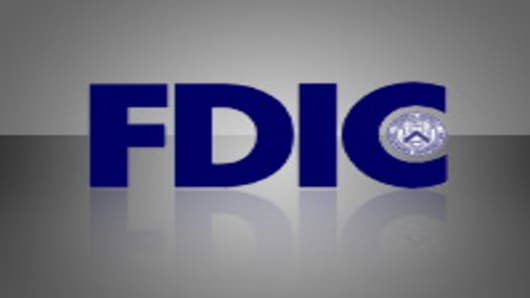If the market believes resolution authority will work as promised, there should be a dramatic decline in the price of credit protection for financial companies subject to resolution.
"When we come to pricing a senior unsecured CDS, we assume a 40% recovery rate. At this rate, investors using a CDS hedge are insuring 60% of the notional bond value. If the recovery rate assumption is shifted up to 80%, the notional insured value is reduced to 20%, a third of its original value. So if a financial name is trading at 100 basis points under a 40% assumed recovery rate, it will trade at around 33bp under an 80% assumed recovery rate," one senior credit trader at a large investment bank tells Risk.Net.
One problem, however, is that this could lead to lax risk management.
If the cost of credit protection for our biggest entities declines not because they are less risky but because a government program will reduce the costs to creditor of failure, we'll get less outside risk supervision. The bond market vigilantes will be able to nap.
Are we really sure this is good for safety and soundness?
If credit default swaps don't decline once resolution authority is in place, this will amount to a tacit rejection—or at least skepticism—about the effectiveness of resolution authority. So watch the numbers closely.
____________________________________________
Questions? Comments? Email us atNetNet@cnbc.com
Follow John on Twitter @ twitter.com/Carney
Follow NetNet on Twitter @ twitter.com/CNBCnetnet
Facebook us @ www.facebook.com/NetNetCNBC



